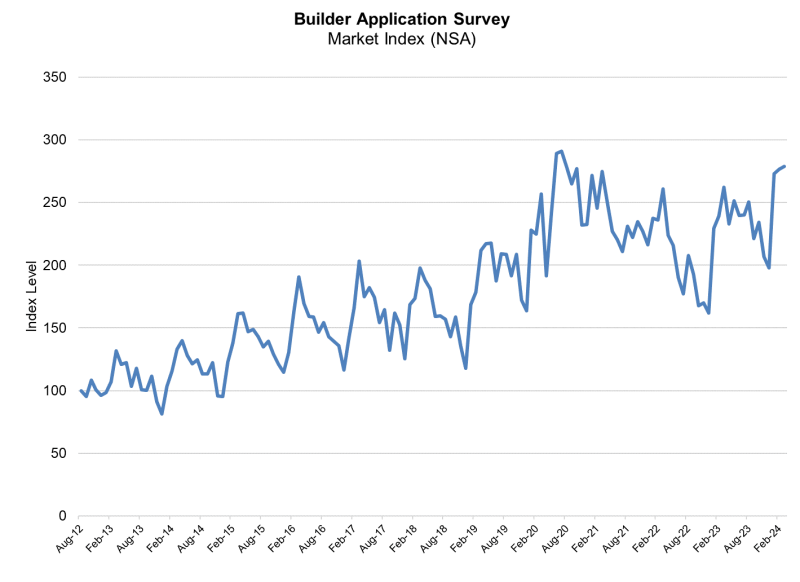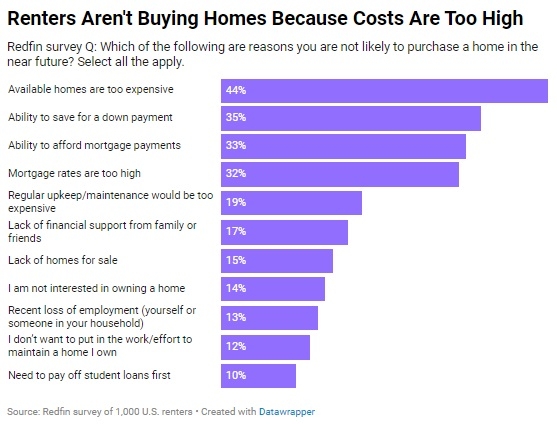Advertisement
Fight fraud up front
Correspondent lenders switch channels depending on niche, survey findsMortgagePress.comCorrespondent lending FAQ
Most correspondent lenders now regard themselves as independent
mortgage firms—not small banks or thrifts, as in the past.
And, in many cases, this new breed of correspondent lender has the
option of selling mortgages as either correspondents or mortgage
brokers.
These are some of the significant findings emerging from a new
nationwide survey of correspondent lenders sponsored by Washington,
D.C.-based Campbell Communications in July. The survey was used to
produce a comprehensive report titled "How Correspondent Lenders
Work with Their Investors."
According to the new research, more than three quarters of
correspondents surveyed described their firms as independent
mortgage companies. Less than one-fifth of respondents classified
themselves as banks or depository institutions.
"Many correspondent lenders today are essentially 'super'
mortgage brokers that have warehouse lines and can fund their own
loans," noted Tom Popik, a principal of Nashua, N.H.-based mortgage
market research firm Geosegment Systems Corporation and author of
the new report. "They decide on a loan-by-loan basis whether to
sell their production on a flow-correspondent or wholesale-broker
basis. Our new survey captures a lot of the details surrounding
this phenomenon.
On average, more than a third of the correspondents reported
regularly selling loans on a wholesale broker basis. This helps
explain why some industry surveys suggest that mortgage brokers
have accounted for 60 percent or more of total originations in
recent years.
The new survey finds that originators have different reasons for
choosing a specific wholesale delivery channel. For example, when
pricing is most important for a correspondent lender, the bulk
channel is often chosen. If liability is a concern, such as with
sub-prime loans, correspondents regularly opt for the wholesale
broker channel.
"The survey results contain a wealth of information about why
correspondents choose a specific channel for selling loans to
investors," Popik said. "If you are an investor, this information
is extremely valuable for designing wholesale programs that appeal
both to correspondents and mortgage brokers."
In addition to asking correspondent lenders why they favored
different channels for different loan products, the new survey
asked them to rank individual investors regarding their various
correspondent offerings. The research is the second in a series
that tracks correspondent lenders and their relationships with
investors.
For more information, visit www.campbellsurveys.com.
About the author





